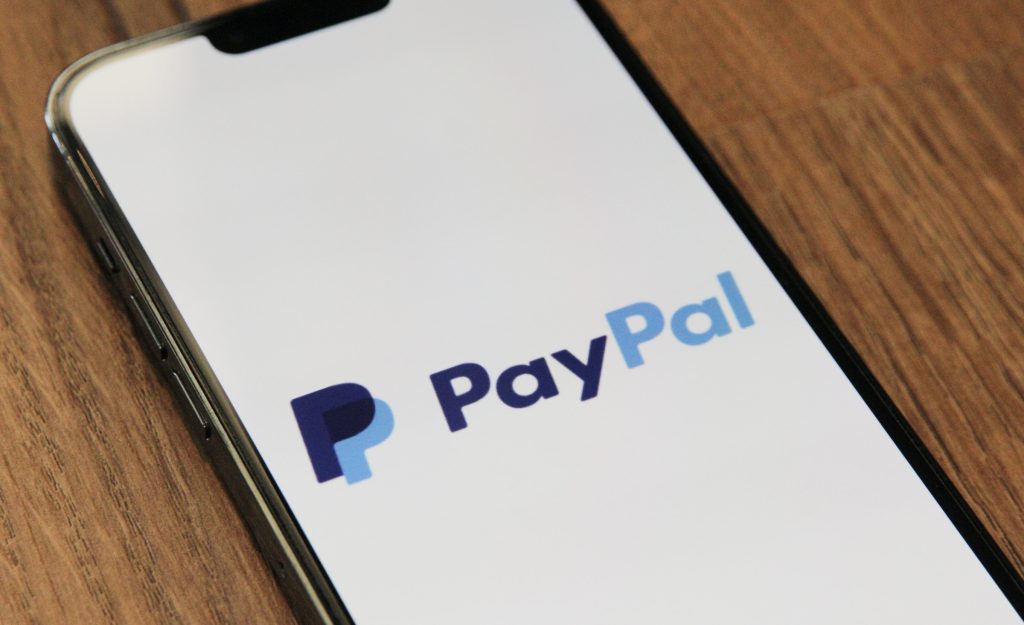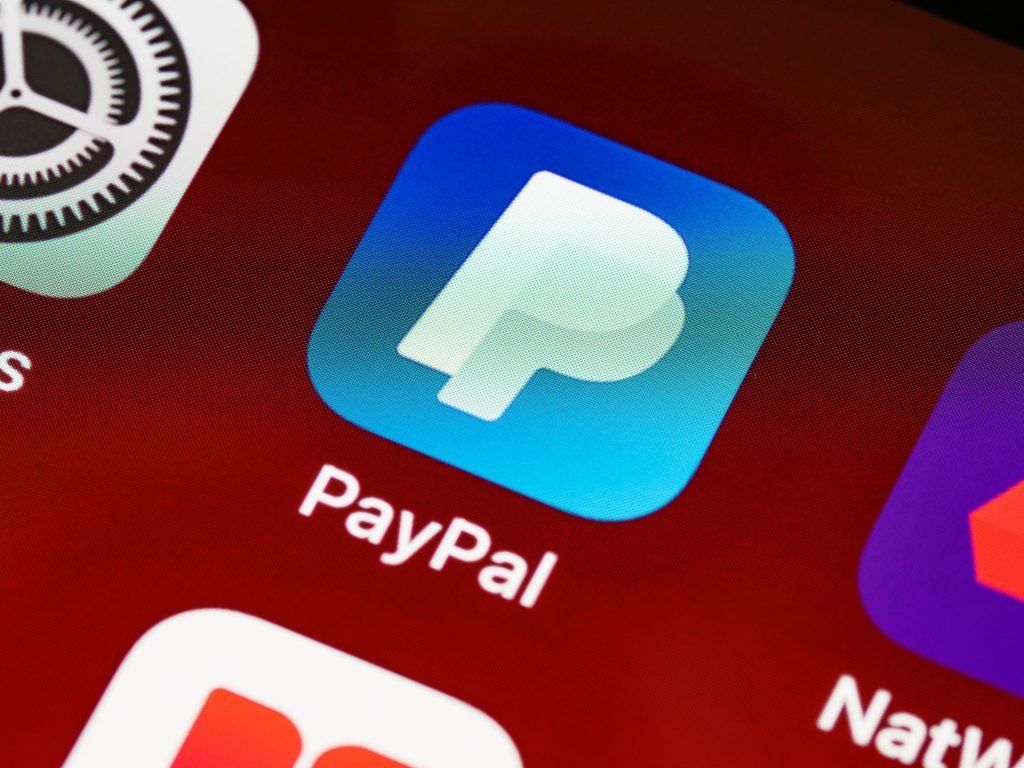Avoid These 3 Purchases With PayPal, According To Financial Experts
PayPal has become a popular platform for online transactions, offering convenience and ease of use to millions of users worldwide. However, financial experts caution against using PayPal for certain types of purchases due to potential risks and limitations associated with the platform.

Here are three purchases that experts recommend avoiding when using PayPal.
High-Value Items
Financial experts advise against using PayPal for significant purchases, such as luxury goods, high-end electronics, or expensive jewelry. PayPal’s buyer protection policy has limitations when it comes to pricey items, and disputes involving substantial amounts may be more complicated to resolve.
In such cases, experts recommend using alternative payment methods that offer stronger buyer protection or opting for escrow services that provide added security for both buyers and sellers.
Pre-Orders and Crowdfunding
Another type of purchase that experts advise against using PayPal for is pre-orders and crowdfunding campaigns. While PayPal offers some level of buyer protection, it may not cover long-term pre-orders or campaigns that fail to deliver.
Crowdfunding platforms often have their own mechanisms for dispute resolution, and using PayPal for these purchases might limit your options in case of any issues. It is generally recommended to rely on dedicated crowdfunding platforms or payment methods that specifically cater to these types of transactions.

Person-to-Person Transactions
Financial experts also suggest avoiding PayPal for person-to-person transactions, such as buying goods from individual sellers or transferring money to friends or family. While PayPal is widely used for such transactions, it’s important to note that it is primarily designed for business transactions and may not provide adequate protection or recourse for personal transactions.
In such cases, using peer-to-peer payment apps or other platforms specifically built for person-to-person transactions might be a more suitable choice.
